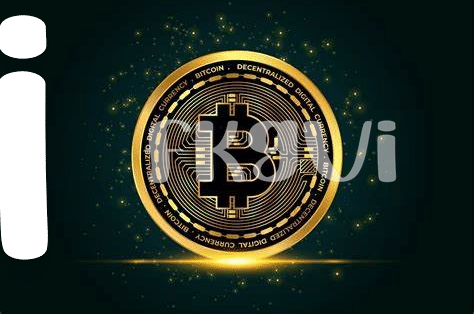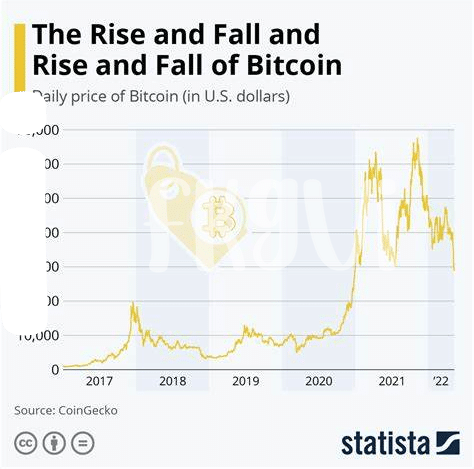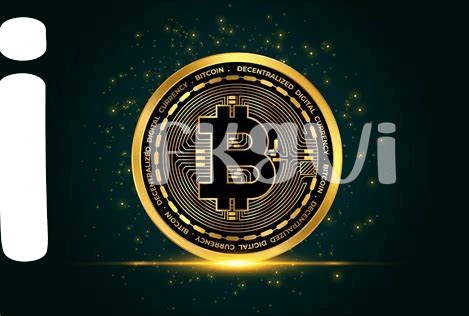🌍 What Is Bitcoin Mining and Why Care?

Imagine a world where you could create money out of thin air, with just your computer. This is essentially what Bitcoin miners do, turning complex math problems into digital gold. But unlike magic, this process, known as mining, is very real and comes with a big question mark for our planet. Why should we care? Well, besides creating new bitcoins, mining is crucial for maintaining and securing the network. It’s like a massive, global ledger-keeping process, ensuring every transaction is legit.
Mining sounds like a geek’s dream, but it’s not all rainbows. It consumes a massive amount of electricity, raising eyebrows about its environmental impact. Here’s a simple breakdown of why Bitcoin mining is a hot topic not just among tech circles but also among environmentalists:
| Aspect | Explanation |
|---|---|
| Creation of New Bitcoins | Miners solve puzzles to generate new bitcoins, introducing more currency into circulation. |
| Security and Verification | Mining helps verify transactions, keeping the network trustworthy and secure. |
| Energy Consumption | The process demands a lot of power, leading to concerns over carbon footprints. |
The tug-of-war between the digital and the natural world puts us at a crossroads, compelling us to question the true cost of virtual wealth.
🏭 Behind the Scenes: How Mining Works
Imagine someone solving complex puzzles day and night, using a lot of energy just to get a digital reward. This is a simple way to describe bitcoin mining. It’s a process that involves powerful computers competing to solve mathematical puzzles. The first one to solve the puzzle gets to add a new block of transactions to the blockchain, the digital ledger of all bitcoin transactions, and in return, they receive bitcoin as a reward. This might sound exciting, but it’s a process that requires a ton of electrical power, making it a hot topic when it comes to its impact on our planet.
Now, you might wonder why these puzzles need solving in the first place. Well, it’s all about keeping bitcoin transactions secure and preventing anyone from cheating the system. This security is crucial for a digital currency that operates independently of traditional banks. However, the energy consumption is a big concern. The computers used in mining, known as mining rigs, need to be powerful, which means they consume a lot of electricity. This has led to debates about the sustainability of bitcoin mining, especially as we become more aware of our environmental footprint. For a deeper dive into how bitcoin is becoming a part of our digital world, including its adoption and payment trends, check out this interesting read on the rise of bitcoin payments shaping the e-commerce landscape.
🔌 Power Hungry: the Energy Consumption of Mining

Imagine a room full of powerful computers, all working non-stop, day and night. This is what bitcoin mining looks like. These high-powered machines solve complex puzzles, a process which in return rewards miners with bitcoins. However, the catch is that these computers need a tremendous amount of energy to operate. Think about leaving your air conditioner or heater on 24/7, and you’ll get a rough idea of the hunger for power these machines have. This energy isn’t just expensive; it’s also taxing on our planet, contributing significantly to the carbon footprint associated with digital currencies.
The conversation around the energy consumption of bitcoin mining has become a hot topic. It’s like opening up a big, buzzing electrical bill that not only costs the miners a pretty penny but also costs our environment dearly. Innovations are underway to make mining more energy-efficient and less harsh on our Earth, but the question remains: can the thirst for digital gold be quenched in a way that keeps our planet green and happy? This balance between advancing technology and protecting the environment is at the heart of the debate, pushing for solutions that are both innovative and sustainable.
🍃 Bitcoin Vs. the Environment: a Heated Debate

In the realm of digital currencies, Bitcoin stands as a pioneer, sparking a wave of innovation and a surge in global interest. Yet, it sits at the center of an intense debate; on one side, enthusiasts praise its potential to revolutionize financial systems, while on the other, environmentalists raise alarms over its significant carbon footprint. The crux of this discussion hinges on the process of Bitcoin mining, a computational race that consumes an enormous amount of electricity, often sourced from non-renewable resources. This energy-intensive operation has led to criticisms regarding Bitcoin’s environmental impact, pitting the digital currency against urgent calls for sustainable living.
Meanwhile, the narrative around Bitcoin is continuously evolving with the blockchain and cryptocurrency sector’s rapid advancement. Innovations aimed at reducing the ecological footprint of Bitcoin mining are gaining traction, offering a glimpse of a more environmentally friendly future for digital currencies. As the conversation about Bitcoin’s environmental impact unfolds, it’s crucial to consider the broader context of its role in the digital era. For those keen on understanding how Bitcoin fits into the larger picture of global economic changes, tracking global bitcoin adoption trends in 2024 market trends can offer valuable insights. Balancing Bitcoin’s potential benefits against its environmental drawbacks remains a heated topic of debate, highlighting the growing need for greener alternatives in the cryptocurrency world.
💡 Bright Side: Innovations Reducing Ecological Footprint
While the conversation around the environmental toll of bitcoin mining has often been gloomy, a spark of optimism shines through thanks to out-of-the-box thinking and advanced technology. Innovators across the globe are putting their heads together to devise solutions that aim to significantly lessen the ecological footprint of mining operations. We’re seeing a shift towards the use of renewable energy sources, such as wind, solar, and hydroelectric power, which promise a much cleaner alternative to traditional, fossil fuel-based mining setups. Additionally, improvements in cooling technologies are making data centers more efficient, cutting down on the massive amounts of energy typically required to keep the machines from overheating. There’s also a buzz around developing more energy-efficient mining hardware, which could mean performing the same amount of work with much less power.
| Innovation | Impact |
|---|---|
| Renewable Energy Adoption | Reduces reliance on fossil fuels |
| Advanced Cooling Systems | Lowers energy consumption for hardware cooling |
| Energy-efficient Mining Hardware | Does more with less energy |
These developments not only show promise for reducing the environmental impact of bitcoin mining but also set a precedent for sustainable practices in the digital age.
🌱 Greener Alternatives and the Future of Mining

As we look towards the horizon, there’s a growing wave of change in the way we mine Bitcoin, shifting towards methods that promise a brighter, more sustainable future. 🌞 Innovators and tech enthusiasts are now exploring and investing in greener alternatives that significantly reduce the ecological footprint of mining activities. From using renewable energy sources like wind, solar, and hydroelectric power, to developing more energy-efficient mining hardware, the race is on to find solutions that are kind to our planet. 🌬️💧 This shift not only addresses environmental concerns but also paves the way for a more inclusive and equitable digital economy. As we embrace these cleaner, more sustainable mining practices, we set the scene for a future where Bitcoin doesn’t cost the earth. It’s an exciting time as we stand at the crossroads of technology and sustainability, witnessing the emergence of a greener and more responsible mining landscape. For a deeper dive into how Bitcoin is shaping our digital economy, don’t miss our detailed look at utilizing bitcoin for e-commerce transactions market trends, highlighting its profound influence and potential.
